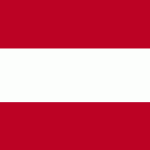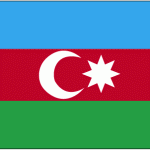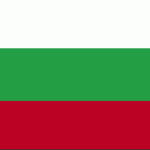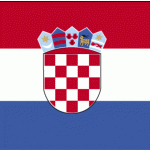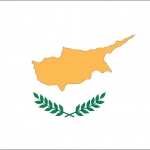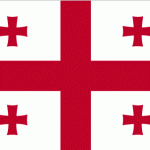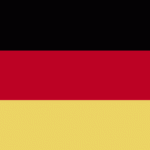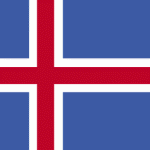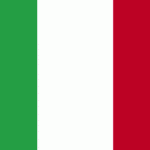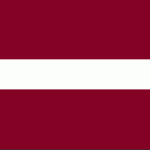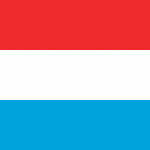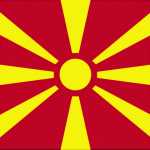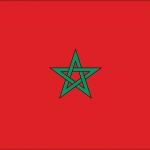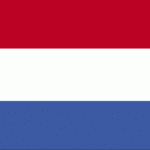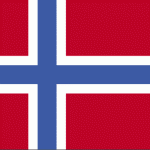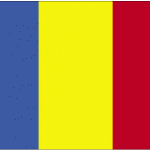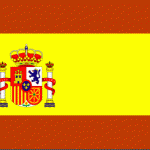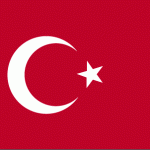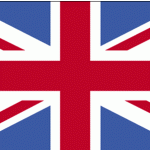WHO REALLY OWNS THE MEDIA?
IN ONLY 9 OUT OF 20 COUNTRIES CAN THE PUBLIC FIND OUT WHO THE
REAL OWNERS OF THE BROADCAST MEDIA ARE
YOU HAVE A RIGHT TO KNOW!
Why do we want this information?
Do you still have questions about why we need to know who owns the media? Check out our FAQs!
THE TEN RECOMMENDATIONS ON
TRANSPARENCY OF MEDIA OWNERSHIP
1. Disclosure of essential basic information
2. Information is findable and free
3. Information is regularly updated
4. Data is reusable and in open formats
5. Progressive increase in transparency
6. Transparency of influence
7. Clear and precise legal framework
8. Oversight by an independent body
9. Direct disclosure to the public
10. Transnational access and comparability
Download the Recommendations in full (.pdf), and scroll down for the country-by-country analysis
WHO ELSE THINKS TRANSPARENCY OF THE MEDIA
IS IMPORTANT?
Media transparency is important for those who are consuming media. If I’m reading a newspaper, or watching television, I would like to know who is providing me with this information.
Media products can affect and influence the way people think, what decisions people take, and so knowing who is behind the media, or a media enterprise, is key to a transparent society.
Every media transports some kind of opinión, some kind of mindset, and since media are so strongly involved in the creation of mindsets, in the influence of what people think, it’s important to know who are the people that tell you what to think.
I can’t think of any reason at all why the public or society at large should not know who owns any media organisation.
The civil society has the right to know who is speaking to them.
The media scene has changed globally, everywhere, and you have a situation where there’s so many ways of sophisticated pressures.
Country-by-Country Research and Analysis
Contact us if you are interested in researching the transparency of media ownership in your country.
WHO ENDORSES THE RECOMMENDATIONS AND
JOINED THE CAMPAIGN?
Check out who else has signed up to support the recommendations
International CSOs
Access Info Europe
African Initiative for Communication and Freedom of Expression
Corporate Europe Observatory
Freedom Forum
Open Society Program on Independent Journalism
Publish What You Pay
Sunlight Foundation
The MediaWise Trust
Universal Rights Network
Xchange Perspectives e.V.
Individuals
Ana Revuelta Alonso, Researcher
Carlos Pallarol, Journalist
Reynaldo Castro Melgarejo, Researcher
Media
Eldiario.es
Private companies
Openwise PC
National and other CSOs
ACEP
ALBANIAN MEDIA INSTITUTE
Amis de la Terre Isère
Association Funky Citizens
Association of Journalists of Macedonia
Bangladesh NGOs Network for Radio & Communication (BNNRC)
Berne Declaration / Erklärung von Bern
Campaign for Press and Broadcasting Freedom
CDDI
Civil Control for Animal Defense
Civio Foundation
D.A.T.A.
European Federation of Journalists
Forum Informationsfreiheit
Fundación Civiliter
Fundación Economistas sin Fronteras
GONG
Independent Association of Georgian Journalists
Independent Media Trade Union of Ukraine
Informace pro vsechny
Institute for Development of Freedom of Information (IDFI)
Investigative Journalism Center, Zagreb-Croatiater
K-Monitor (Hungary)
Media Reform Coalition
Mertek Media Monitor
National Council for Radio and Television (Greece)
Nexus Research
ONG Moral
Opcions
Palestinian center for development and media freedoms-mada
Peace Institute Ljubljana
Press Council of Kosovo
Press Institute of Mongolia
Public Association Center for Promotion of Freedom of Expression and Access to Information
Qué hacen los diputados
République Citoyenne
Right to Information Assesment and Advocacy Group
Solidaridad Postal
Transparency International Ukraine
MEDIA OWNERSHIP TRANSPARENCY LATEST NEWS
Latvia TMO Consultation
Can the public find out who owns the media through free access to the essential information required? In Latvia, information on ownership of the media is not available to the public; neither media-specific nor company laws require disclose to the public sufficient information for ultimate owners to be identified. The Law on the Press and Other Mass Media which covers
Italy TMO Consultation
Can the public find out who owns the media through free access to the essential information required? Neither media-specific nor corporate law reveal information on ownership of media outlets in Italy. Law No. 249 of 31 July 1997, which establishes the communication authority (AGCOM) and covers print, online and broadcast media, requires different levels disclosure depending on whether a media
Iceland TMO Consultation
Can the public find out who owns the media through free access to the essential information required? Despite the 2011 amendments to the Media Law, which covers print, broadcast and online media, it remains impossible to identify ownership of any media in Iceland through media-specific or company law. Although the amended Media Law requires disclosure of the immediate ownership of
Georgia TMO Consultation
Can the public find out who owns the media through free access to the essential information required? It is only possible to finds out who owns broadcast media in Georgia; this is through information reported to the media authority and directly to the public. The Law on Broadcasting requires broadcast media to disclose enough information on the size of shareholdings,
Germany TMO Consultation
Can the public find out who owns the media through free access to the essential information required? It is possible to find out who owns broadcast media in Germany through the media-specific legislation. Media in Germany are regulated by the 16 federal states (or Länder). Broadcast media are regulated by the Interstate Treaty on Broadcasting and Telemedia (RStV) which sets
Cyprus TMO Consultation
Can the public find out who owns the media through free access to the essential information required? In Cyprus it is not possible to identify owners of any kind of media through media-specific laws or through company law. The Press Law, which is largely based on Colonial British laws, is outdated and mostly inoperative with many provisions still criminalising offences.

